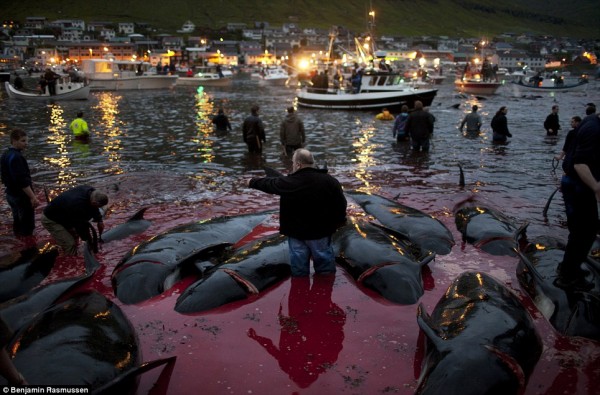
For more than four centuries, the dwellers of the remote Faroe Islands located 200 miles off the coast of Scotland have been killing pilot whales for blubber and meat.
Recently, the gory tradition has piqued the interest of an American photographer with ties to the region who travelled to the archipelago to capture the horror and grotesque beauty of the annual whale hunt.
Benjamin Rasmussen, of Denver, visited Faroe Islands, a protectorate of Denmark, to shed light on the startling practice in which entire villages go out in boats, herd pods of pilot whales close to shore and then cut their necks, turning the waters red with blood.
WARNING: GRAPHIC CONTENT scroll down for video
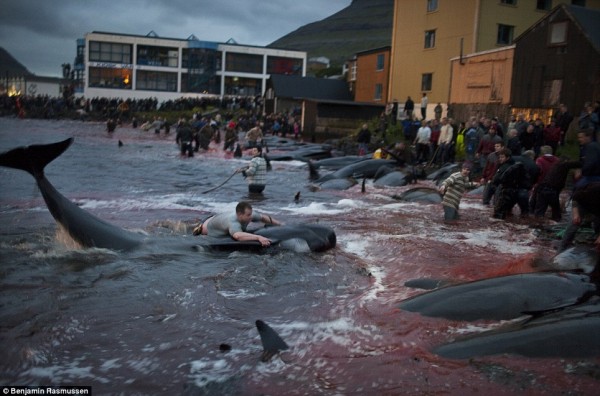
Cultural phenomenon: The tradition of the Faroese whale hunt harks back to the 1500s
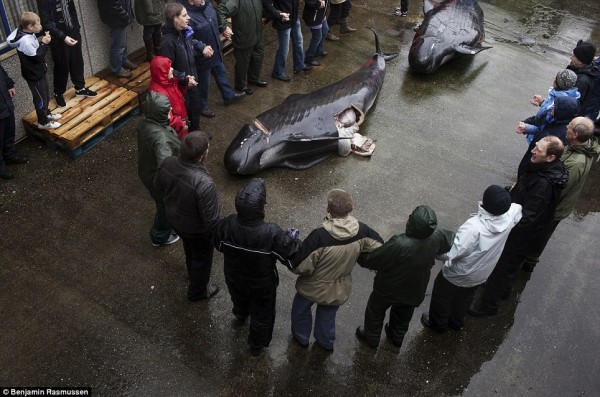
Community affair: Men and women perform the traditional whale kill chant and dance before slaughtering whales at the Seaman’s Day celebration in Klaksvík on August 21, 2010
In the past, the inhabitants of the archipelago relied on the whales’ meat for sustenance, but it is less popular now due to high levels of toxins like mercury and PCBs.
In 2008, the chief medical officer in the Faroes recommended that the meat and blubber of pilot whales were no longer fit for human consumption. Recently, the Faroes Food and Veterinary Agency said that people should not eat whale meat more than once a month, while women of child-bearing age were urged to avoid it altogether.
The hunt, known in the local language as ‘gridadrap,’ gets under way at dawn when a pod of whales is spotted off shore.
The hunters lure the animals to a predetermined beach by hitting the hulls of boats with metal and wooden clubs, and then get them on the hook.
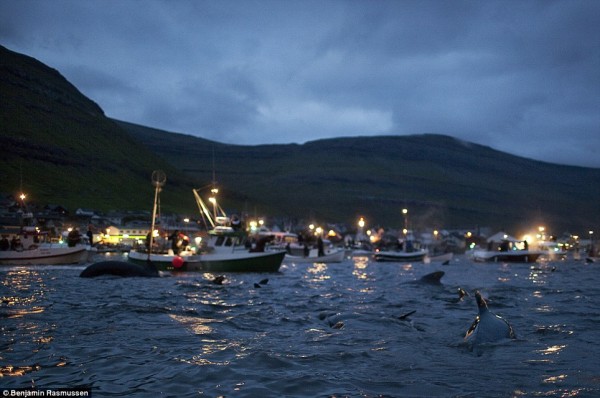
Set sail: Pilot whales surface as they are brought into a shallow bay in the town of Klaksvík. The men in the boats hit metal and wood against the hulls to scare the whales and move them closer to shore
Once the whales are in shallow waters, the participants of the hunt sever the trapped critters’ spinal cord, killing them instantly.
Rasmussen, whose father is a native of Faroe Islands, had spent part of his childhood there, eating whale meat and blubber.
He noted that the tradition, so cherished by the inhabitants of the remote archipelago, may soon come to an end since the young generation does not have a taste for whale meat.

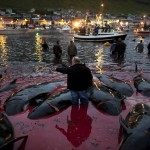
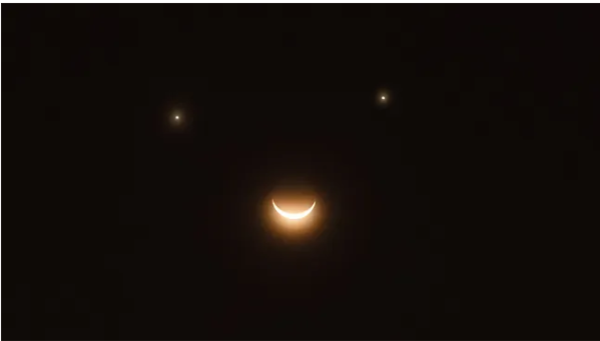
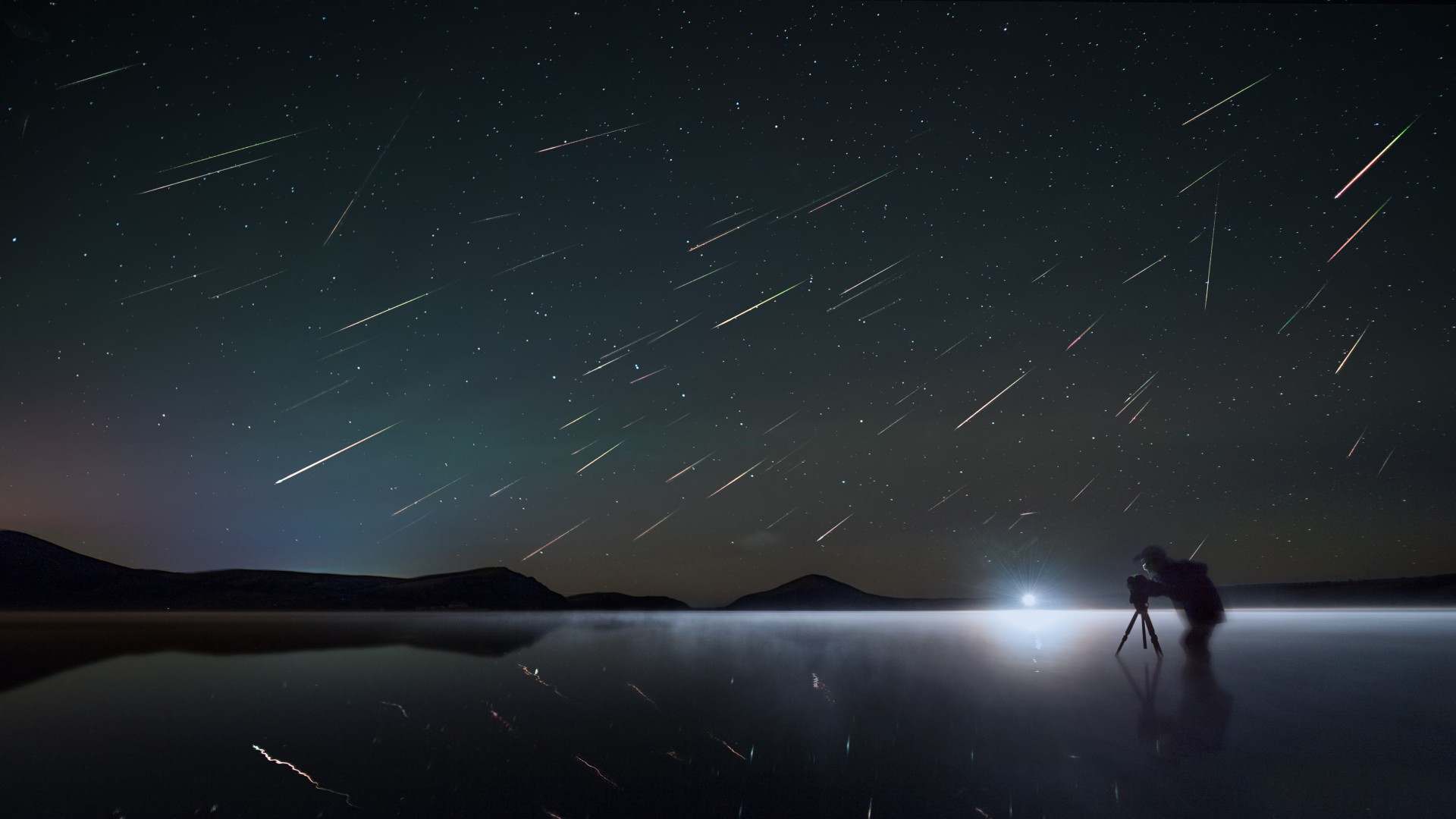
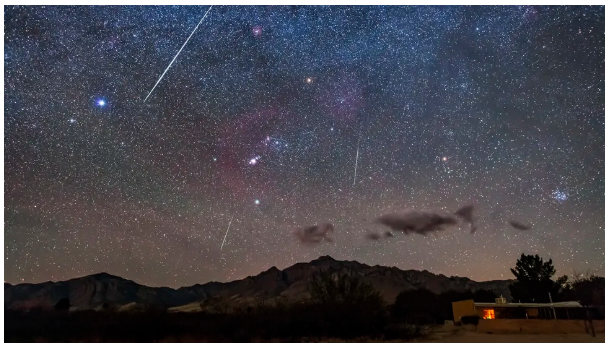
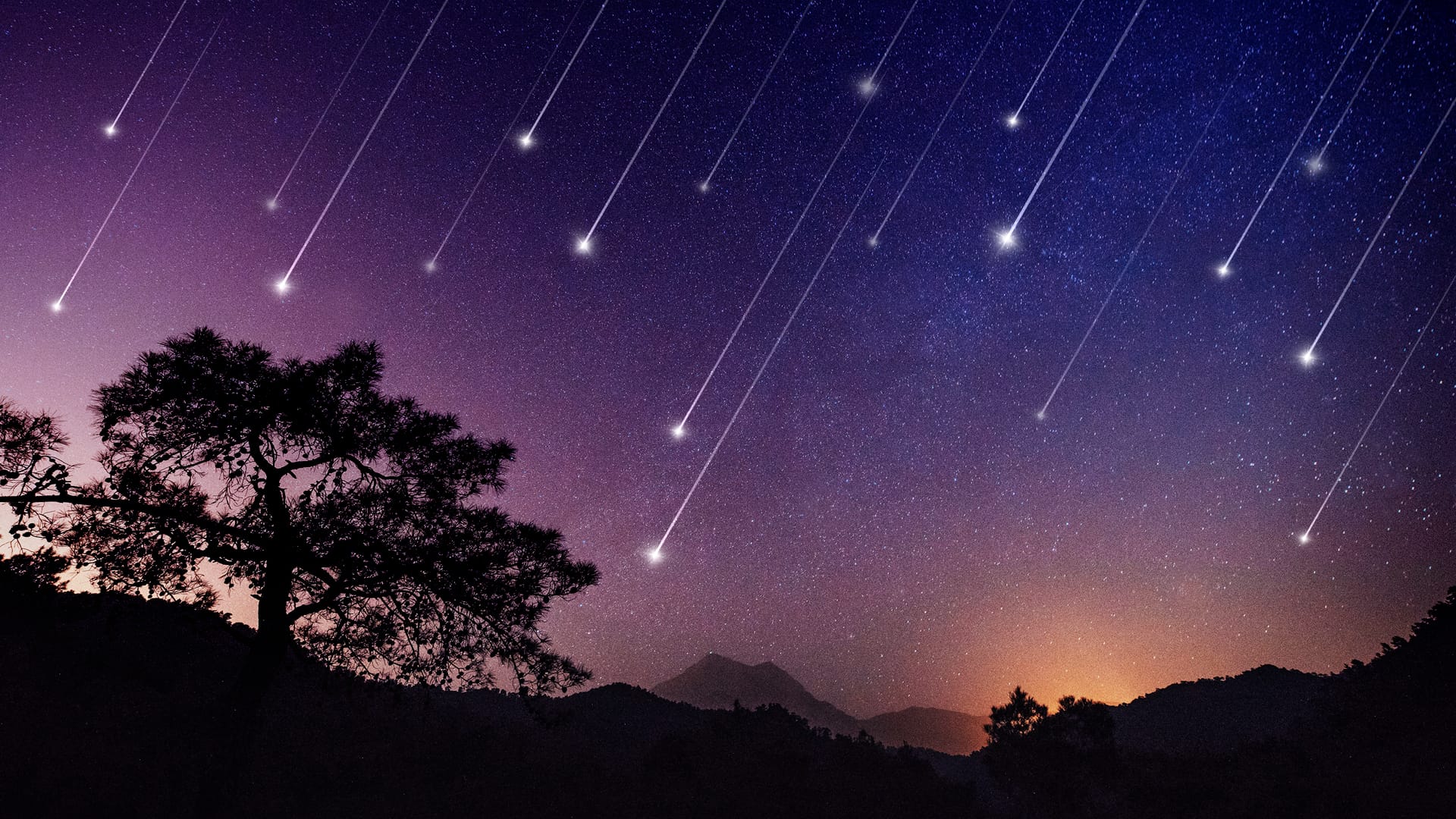
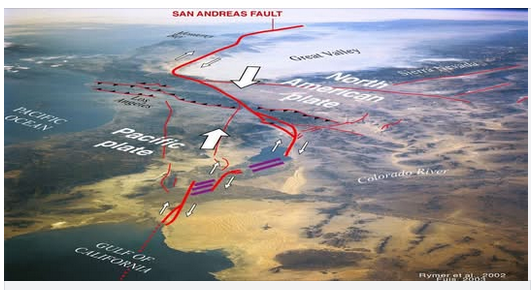

 Photographer Finds Locations Of 1960s Postcards To See How They Look Today, And The Difference Is Unbelievable
Photographer Finds Locations Of 1960s Postcards To See How They Look Today, And The Difference Is Unbelievable  Hij zet 3 IKEA kastjes tegen elkaar aan en maakt dit voor zijn vrouw…Wat een gaaf resultaat!!
Hij zet 3 IKEA kastjes tegen elkaar aan en maakt dit voor zijn vrouw…Wat een gaaf resultaat!!  Scientists Discover 512-Year-Old Shark, Which Would Be The Oldest Living Vertebrate On The Planet
Scientists Discover 512-Year-Old Shark, Which Would Be The Oldest Living Vertebrate On The Planet  Hus til salg er kun 22 kvadratmeter – men vent til du ser det indvendigt
Hus til salg er kun 22 kvadratmeter – men vent til du ser det indvendigt  Superknepet – så blir snuskiga ugnsformen som ny igen!
Superknepet – så blir snuskiga ugnsformen som ny igen!  Meteorite That Recently Fell in Somalia Turns Out to Contain Two Minerals Never Before Seen on Earth
Meteorite That Recently Fell in Somalia Turns Out to Contain Two Minerals Never Before Seen on Earth  Nearly Frozen Waves Captured On Camera By Nantucket Photographer
Nearly Frozen Waves Captured On Camera By Nantucket Photographer  It’s Official: Astronomers Have Discovered another Earth
It’s Official: Astronomers Have Discovered another Earth 